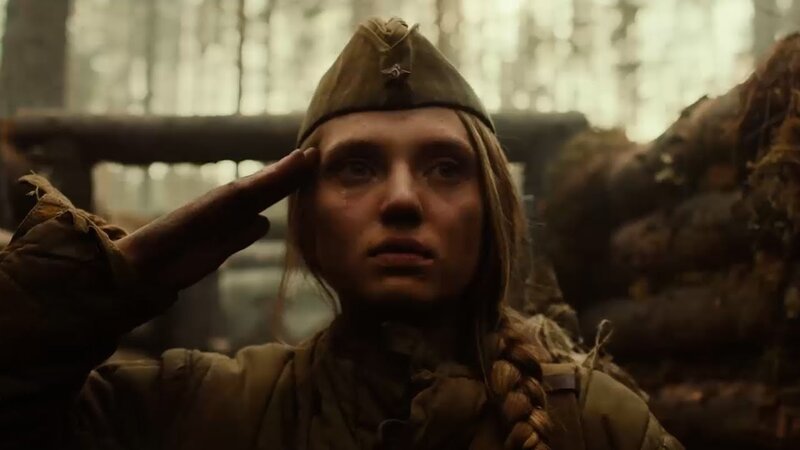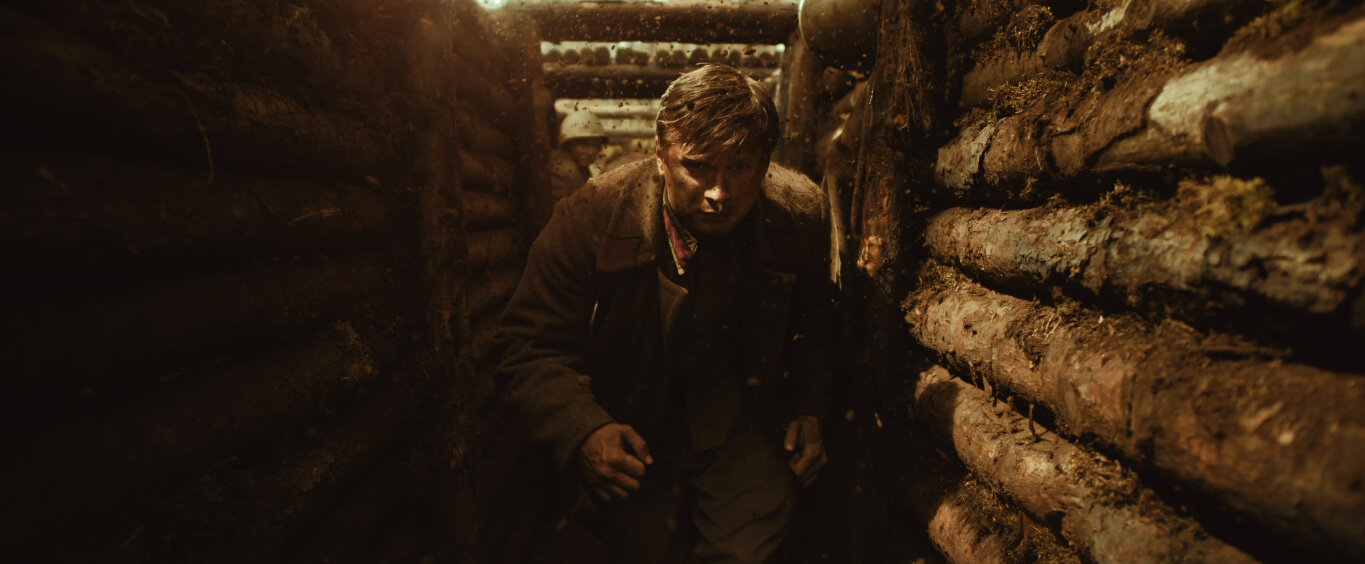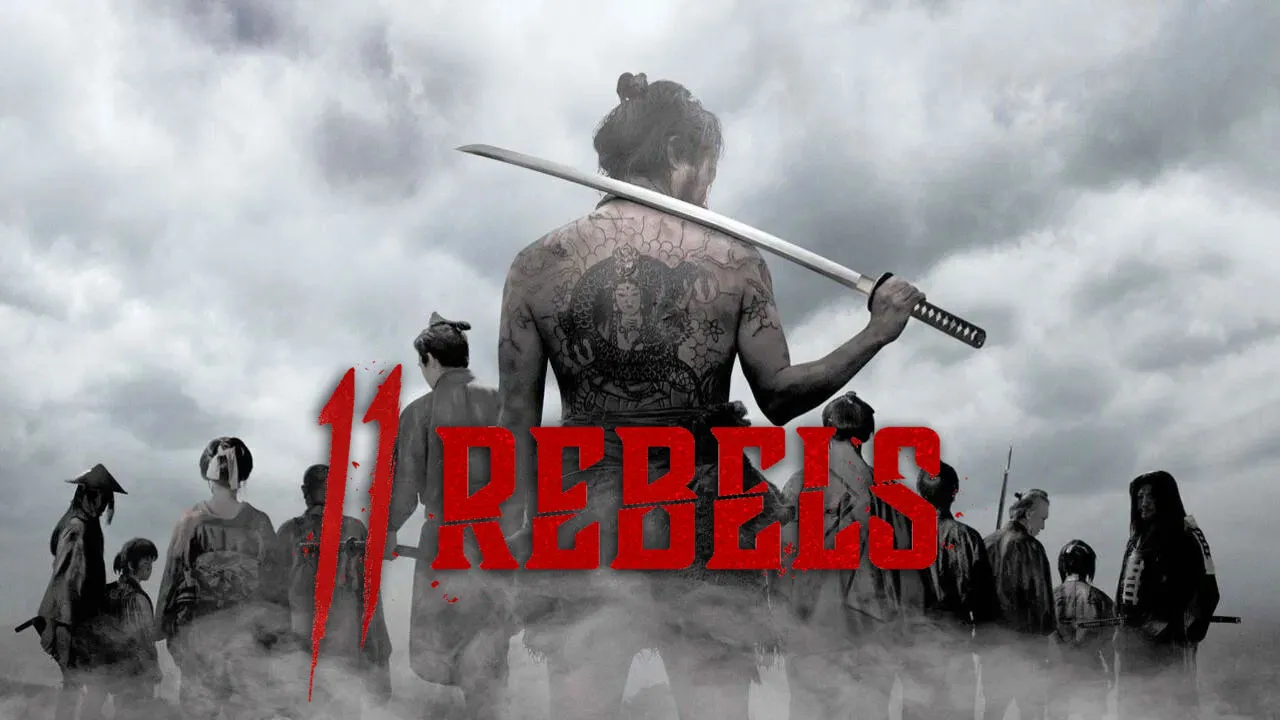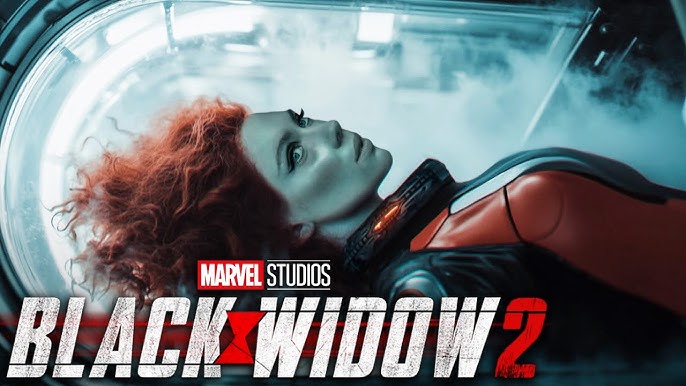Blindazh (Russian: Блиндаж, meaning “dugout” or “bunker”) is a 2021 Russian sci-fi war drama directed by Mark Gorobets. The film follows the harrowing journey of two friends, Sergey (Alexandr Metelkin), a Russian nurse, and Paul (Daniel Littau), a German explorer, who travel to Saur-Mogila—an infamous World War II battlefield—to recover wartime artifacts and connect with the past. What begins as a historical excursion quickly transforms into a surreal struggle for survival when their research venture catapults them back in time to October 1941, right in the heat of the brutal battle for Saur-Mogila
Thrust into chaos, Sergey and Paul find themselves disoriented and vulnerable amid advancing German forces, Soviet defenses, and the omnipresent horrors of front-line warfare. The film captures their emotional unraveling: a Russian and a German mate suddenly facing each other not across history’s divide, but on the battlefield, forced to choose between survival and complicity. Caught between machine-gun fire and moral ambiguity, they must decide whether to fight, hide, or risk their lives to return to their own time
Director Gorobets blends practical locations with minimal CGI, capturing both the vast desolation of the Eastern Front and the intimate fear of two civilians turned accidental soldiers. At nearly two hours long, Blindazh keeps audiences tense, building dread through close‑quarters firefights, sporadic aerial bombing, and scenes in and around makeshift bunkers—where the claustrophobia of trench warfare becomes all too real .
The performances add emotional weight: Metelkin’s Sergey balances professional duty with mounting terror as he tends to wounded soldiers while fearing for his own life. Littau’s Paul shifts from curiosity-driven historian to a man overwhelmed by guilt, survival instinct, and moral crisis. Their chemistry grounds the sci‑fi conceit, forging a friendship tested by bloodshed and shared trauma in a turbulent moment of history—and now, of time
Blindazh doesn’t rely on elaborate sci‑fi trappings; rather, it treats time travel as a narrative device to pluck its characters into a historical crucible. Their modern identities—complete with ideological baggage—unravel under wartime pressure. A fleeting moment, like Sergey scrawling his name in the mud or Paul shielding a Russian soldier, becomes a moral centerpiece. Are they survivors? Observers? Participants? The film refuses easy answers, instead inviting reflection on war’s universal horrors and the way human empathy can ignore national divisions when life hangs in the balance.

Cinematographer’s lens oscillates between expansive battle scenes—with tanks, mortars, and lines of infantry—and tight, breathless shots inside trenches and dugouts (the “blindazh”) where panic, close calls, and whispered decisions unfold. The visual contrast illustrates how massive historical events intersect with intimate personal ordeals. Practical effects such as visible breath, realistic sound design, and gritty costume work contribute to the film’s immersive impact
Critically, Blindazh offers a mixed reception. While praised for its authentic battle recreation, moral complexity, and thoughtful character arcs, some viewers find its pacing uneven and its sci‑fi premise under‑explored. It sometimes betrays a desire to deliver both war‑drama and time‑travel narrative without fully committing to either. Still, with an IMDb rating around 5.4/10, the film demonstrates considerable ambition and emotional resonance .

In essence, Blindazh is a haunting meditation on history, identity, and moral choice. By displacing two modern individuals into WWII’s crucible, it explores how war transcends time and ideology, exposing raw human vulnerability. Though it won’t fully satisfy genre purists, the film succeeds in using its time‑warp premise to probe the timeless terrors of conflict—and the fragile humanity that can emerge, even amid machine guns and mud.




